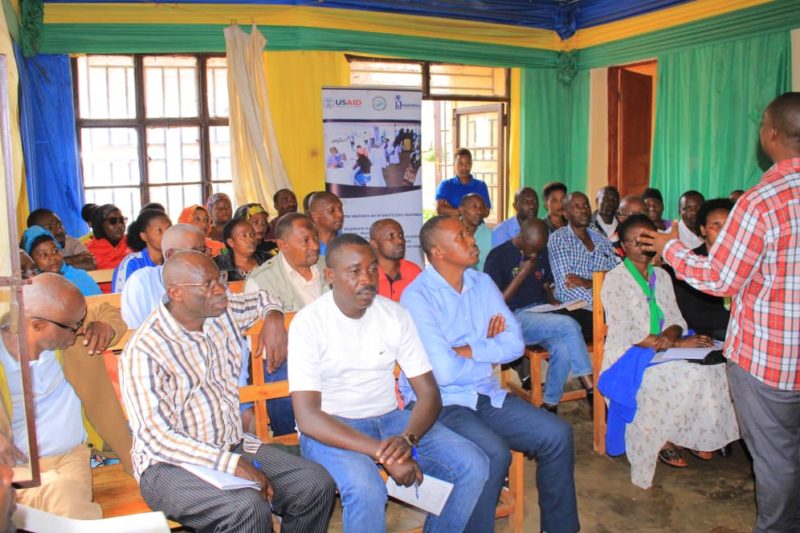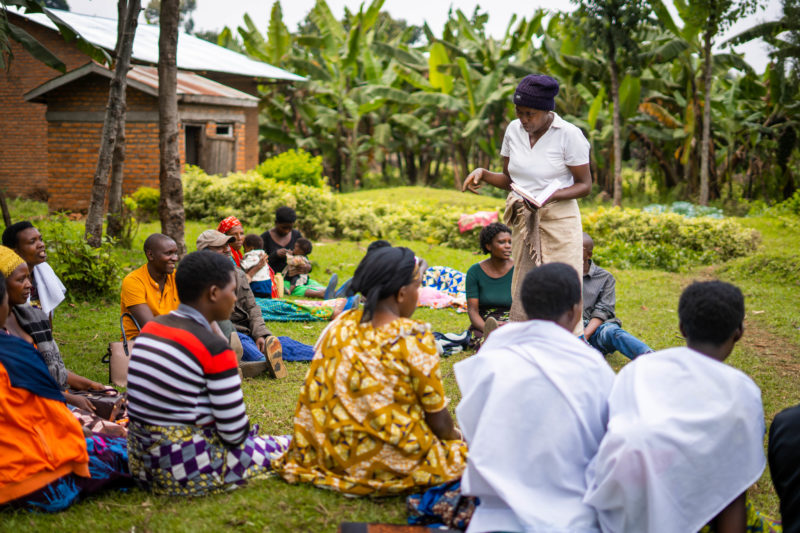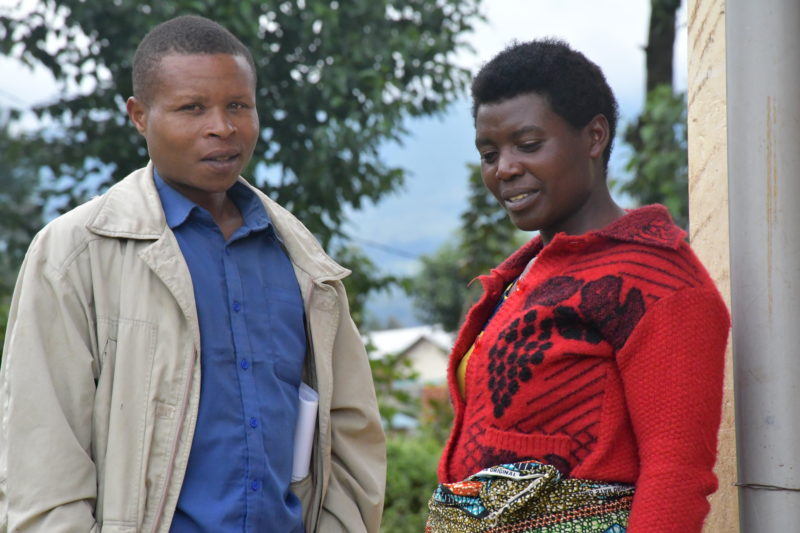
Much of what is called women’s empowerment depends on the men in their lives. Fathers, husbands, sons, and brothers hold power in ways that are often subtle and sometimes direct. Conversations about women’s rights that ignore this reality do not go far.

GBV victims face significant challenges in securing justice due to inadequate forensic science practices and a lack of awareness among medical professionals and the community about the importance of preserving evidence.

Our magazine recently had the chance to engage with young people involved in our SRHR youth empowerment programs. In a refreshing and honest conversation, they tackled the common myths and misconceptions surrounding sexual reproductive health, shedding light on the realities they face and the knowledge gaps that need to be addressed.

Gender-based violence (GBV) continues to plague Rwandan families, with women and children suffering from physical, sexual, and emotional abuse within their homes. To address this pressing issue, concerted efforts are needed to challenge harmful gender norms, promote gender equality and build GBV-free families..

Violence against women and girls is one of the world’s most prevalent human rights violations, it has serious short- and long-term physical, economic and psychological consequences on women and girls undermining health, dignity and security of its victims.

Approved by the cabinet last year, Alternative Dispute Resolution (ADR) was presented to provide a framework that would help offer various changes in regards to accessing justice.

Vulnerable people in society, in this case, women, young girls and children mostly, face a lot of difficulties. They are the ones who generally bear the brunt of any challenge that a community faces, be it poverty, abuse, conflicts among others.

Haguruka has been implementing a programme entitled "Reinforcing community capacity for social cohesion and reconciliation through Societal Trauma Healing."

A system that’s built to protect and defend children’s rights is one that favours their proper wellbeing as much as that of the society in general.

Ingo z’amahoro: Empowering couples to overcome GBV, increase awareness on sexual reproductive health
Building peaceful homes is the heartbeat of any healthy society. But this isn’t always the case, as some families continue to face conflicts and turmoil leading to unstable and broken homes.

With the support of USAID Rwanda and partnership of Legal Aid Forum (LAF), Haguruka launched a 5 years’ access to justice program namely “Dufatanye Kubaka Ubutabera (DKU).

